




The Ministry of Culture, Tourism and Environment in Angola and UNITAR jointly organized an inception workshop to kick off the project entitled ‘National Action Plan on Artisanal and Small-Scale Gold Mining in Angola.’ The one-day workshop took place on 8 October 2020 and had 23 participants connected online via Zoom and 15 participants that attended in-person in Luanda, in compliance with the health restrictions imposed by national authorities. The participants represented different sectors and organizations in Angola, including the Ministry of Education, Ministry of Health, Ministry of Natural Resources as well as the National Institute of Geology and the Polytechnic Institute of Environment from the local province of Huambo and UNIDO. The main objectives of the inception workshop were to present the National Action Plan project to key national stakeholders, to discuss the execution of the project as well as define the role of each institution.
The meeting featured high-level opening remarks from senior representatives of key project partners. The national coordinator, Mr Santos Virgílio highlighted the efforts done so far by the government to comply with the Minamata Convention, to move towards ratification and reaffirming the country’s commitment to reduce or eliminate the use of mercury at the national level. Mr. Jorge Ocaña, manager of the Chemicals and Waste Management Programme at UNITAR, highlighted the importance of the meeting to advance the project and encouraged the stakeholders to contribute to the development and implementation of the project. Finally, Mr. Franz De la Rosa, representative of UNIDO, presented the current activities related to mercury management and provided a brief overview of existing projects in other African countries.
Moreover, stakeholders discussed and provided feedback on the implementation process and technical team in order to catalyze the collaboration beyond the project development and strengthen implementation. This will contribute to defining the organizations and institutions that will formally constitute the National Steering Group and how those institutions can provide relevant information on the use and impacts of mercury in the artisanal and small-scale gold mining sector in Angola. The workshop also provided an opportunity to delve into the project aspects and agree on the roles and responsibilities of the National Steering Group as well as the next steps to further the project implementation.